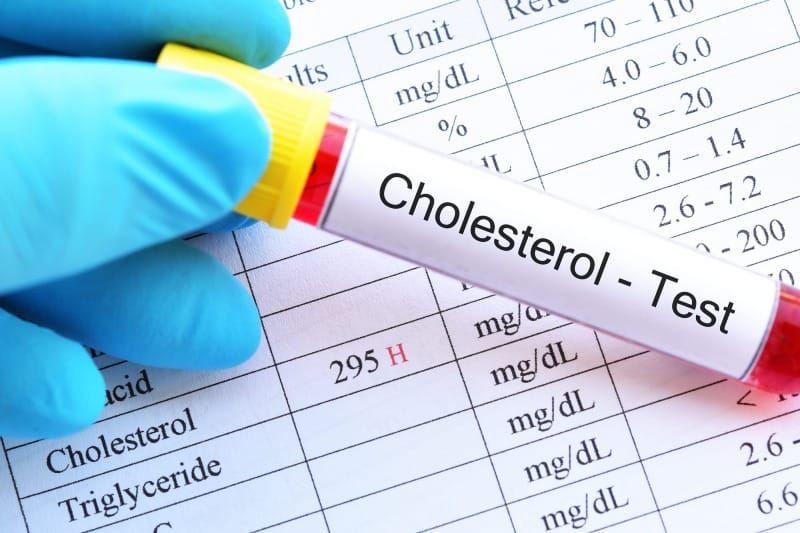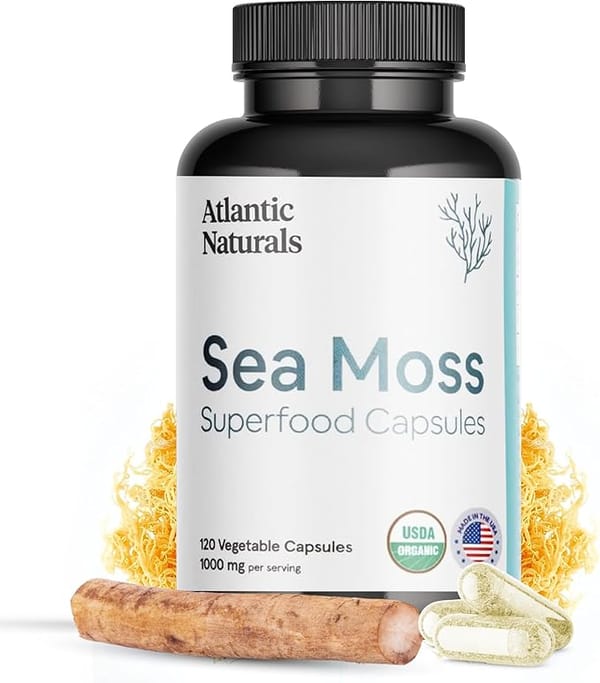High cholesterol is a major risk factor for heart disease, but many people are hesitant to take statin medications due to potential side effects. The good news is that there are natural ways to help lower cholesterol levels without relying solely on prescription drugs. While statins remain the most effective treatment for significantly elevated cholesterol, lifestyle changes and alternative approaches can make a meaningful difference for many individuals.
Key takeaways:
• Diet and exercise are powerful tools for naturally lowering cholesterol
• Plant-based foods, fiber, and healthy fats can help improve cholesterol profiles
• Supplements like fish oil and plant sterols may provide additional benefits
• Lifestyle changes often work best in combination with medical guidance
Natural approaches to lowering cholesterol
Diet modifications
One of the most impactful ways to lower cholesterol naturally is through dietary changes. The American Heart Association recommends a diet rich in fruits, vegetables, whole grains, lean proteins, and healthy fats[1]. Specific cholesterol-lowering foods include:
• Oats and barley: These whole grains are high in soluble fiber, which can help reduce LDL (bad) cholesterol.
• Fatty fish: Salmon, mackerel, and sardines are rich in omega-3 fatty acids that can raise HDL (good) cholesterol.
• Nuts: Almonds, walnuts, and other nuts contain healthy fats and fiber.
• Avocados: These are a great source of monounsaturated fats and fiber.
• Olive oil: Use this heart-healthy oil in place of saturated fats.
Limiting saturated fats, trans fats, and dietary cholesterol can also make a significant impact on blood cholesterol levels.
Exercise and physical activity
Regular physical activity is another crucial component of a cholesterol-lowering lifestyle. The American Heart Association recommends at least 150 minutes of moderate-intensity aerobic exercise or 75 minutes of vigorous-intensity aerobic exercise per week[2]. Exercise can help:
• Raise HDL cholesterol levels
• Lower triglycerides
• Improve overall cardiovascular health
Even small increases in daily activity, like taking the stairs instead of the elevator, can contribute to better cholesterol management.
Supplements and natural remedies
While not as potent as statins, certain supplements may help support healthy cholesterol levels:
• Fish oil: Rich in omega-3 fatty acids, fish oil can help lower triglycerides and raise HDL cholesterol[3].
• Plant sterols and stanols: These compounds, found naturally in plants and added to some foods, can help block cholesterol absorption[4].
• Red yeast rice: This traditional Chinese remedy contains compounds similar to statins, but should only be used under medical supervision due to potential side effects[5].
• Psyllium: This soluble fiber supplement can help lower LDL cholesterol[6].
It's important to note that supplements can interact with medications and may not be suitable for everyone. Always consult with a healthcare provider before starting any new supplement regimen.
Lifestyle factors
Other lifestyle modifications can contribute to better cholesterol management:
• Quitting smoking: Smoking lowers HDL cholesterol and increases the risk of heart disease[7].
• Maintaining a healthy weight: Losing excess weight can help improve cholesterol levels[8].
• Limiting alcohol consumption: Moderate alcohol intake may raise HDL cholesterol, but excessive drinking can lead to high triglycerides and other health issues[9].
• Managing stress: Chronic stress can negatively impact cholesterol levels and overall heart health.
Conclusion:
While statins are highly effective at lowering cholesterol, many people can achieve significant improvements through natural methods. A heart-healthy diet, regular exercise, and targeted supplements can work together to improve cholesterol profiles. However, it's crucial to work with a healthcare provider to monitor progress and ensure that cholesterol levels are adequately managed, especially for those at high risk of heart disease.
Remember, natural approaches often work best when combined with medical guidance. Your doctor can help you determine the most appropriate strategy for your individual health needs and risk factors 👨⚕️
Hey, before you move on
Want to learn more about natural ways to support heart health and longevity? Subscribe to our newsletter for the latest research and tips on living a longer, healthier life.
References:
[3] https://www.ncbi.nlm.nih.gov/pmc/articles/PMC3571733/
[4] https://www.ncbi.nlm.nih.gov/pmc/articles/PMC5503415/
[5] https://www.nccih.nih.gov/health/red-yeast-rice
[6] https://pubmed.ncbi.nlm.nih.gov/30239559/
[7] https://www.cdc.gov/tobacco/data_statistics/sgr/50th-anniversary/index.htm
[8] https://www.ncbi.nlm.nih.gov/pmc/articles/PMC3066828/
[9] https://www.heart.org/en/healthy-living/healthy-eating/eat-smart/nutrition-basics/alcohol-and-heart-health
https://www.ncbi.nlm.nih.gov/pmc/articles/PMC5579396/














Member discussion